Metalworking equipment shapes raw metal into components and assemblies used in real-world applications. Many businesses rely on proven equipment and techniques that deliver consistent, precise results. Different industries also use specific processes, so knowing how each works helps teams select the right machines, organize workflows, and maintain reliable quality. Here are the six most common types of metalworking:
1. Cutting and Forming
Materials begin as plates, bars, or sheets, and the first step is to mold them into the correct size and shape without compromising their integrity. Blanks are sawed or sheared quickly, while laser and plasma systems trace precise profiles in thin or thick stock. Once sized, the stock is bent, rolled, or punched with controlled force to reshape it while retaining strength. Nesting software arranges parts efficiently to maximize material yield and maintain edge quality, making it easier to bend small radii and secure parts accurately without extra rework.
Press brakes create consistent angles using the right tooling and precise backgauges. Rolling machines shape curves and cylinders for conveyors, tanks, and frames, while punches and ironworkers cut slots and notches quickly. Accurate cutting and controlled forming set the foundation for speed, fit, and structural integrity throughout the build.
2. Machining
In applications requiring tight tolerances, controlled metal removal achieves geometries that other processes cannot. Lathes rotate shafts, bushings, and threaded components with concentricity that supports bearings and seals. Milling machines create flats, pockets, and contours along multiple axes, verifying assemblies fit precisely. CNC programs provide consistent toolpaths, allowing teams to run short prototypes or long production runs without compromising accuracy.
The tools used and how the parts are held affect the results. Cutters are chosen to stay sharp and work efficiently, while special inserts keep surfaces clean. Vises, chucks, and fixtures hold parts steady to prevent mistakes and wear on the tools. Machining turns digital designs into real parts that match the intended shape and measurements. Quick-change systems and modular setups enable faster switching between batches without compromising accuracy.
3. Grinding and Finishing
Grinding improves surface quality and accuracy after machining or forming. Surface grinders flatten parts, while cylindrical grinders shape rods and rollers. Abrasive belts and wheels remove sharp edges that could cause wear. These finishing steps help parts fit and work properly in their assemblies. Performance is further improved by adding coatings, polishing, or deburring. Protective coatings help metals resist corrosion and wear, extending their life. Polishing and finishing also enhance the appearance of parts, which is beneficial for products that customers will see.
4. Welding and Joining
Welding joins two or more metal parts into a single piece. MIG, TIG, and stick welding work with different metals and thicknesses. Controlling the heat and speed helps make strong, reliable joints. Industries like shipbuilding and automotive rely on welding to build sturdy structures.
Joining can also use brazing, soldering, or mechanical fasteners when parts might need to be taken apart or adjusted later. Rivets and bolts also hold parts securely. Welding and joining combine permanent and semi-permanent methods to create strong connections.
5. Fabrication
Fabrication combines cutting, forming, machining, and welding into one workflow. To achieve this, stores rely on metalworking equipment, including press brakes, saws, and welding stations. Fabrication involves planning the right equipment and using skilled operators. Materials move sequentially between processes to maintain efficiency. Quality checks at each stage verify that measurements are accurate, which may help reduce errors.
6. Heat Treating
Heat treatment is the process that alters the internal structure of metal to enhance its performance. A process like annealing softens the material to promote easier machining or forming. Tempering increases the hardness and durability of tools and gears, making them more reliable for demanding applications.
Treated metals become wear-resistant and better able to handle stress. These methods are widely used in industries such as aerospace, automotive, and heavy machinery, where material performance is key. By modifying metal properties at the microscopic level, heat treating improves their performance in harsh environments and may extend the life of the components.
Purchase Quality Metalworking Equipment
Each of the six common types of metalworking plays a distinct role in shaping and refining metal. Cutting and forming establish the base geometry, machining adds precision, and grinding refines surfaces. Consistent results depend on using specialized equipment and experienced operators. Start your search for reliable machinery dealers today.
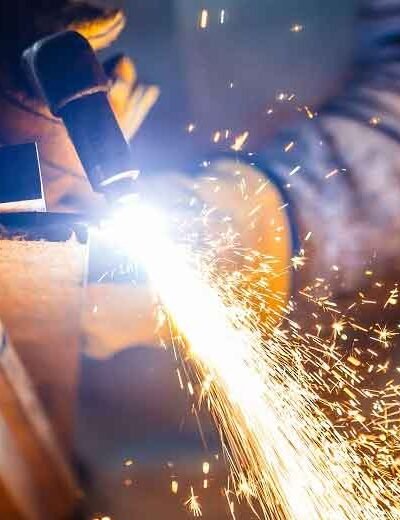
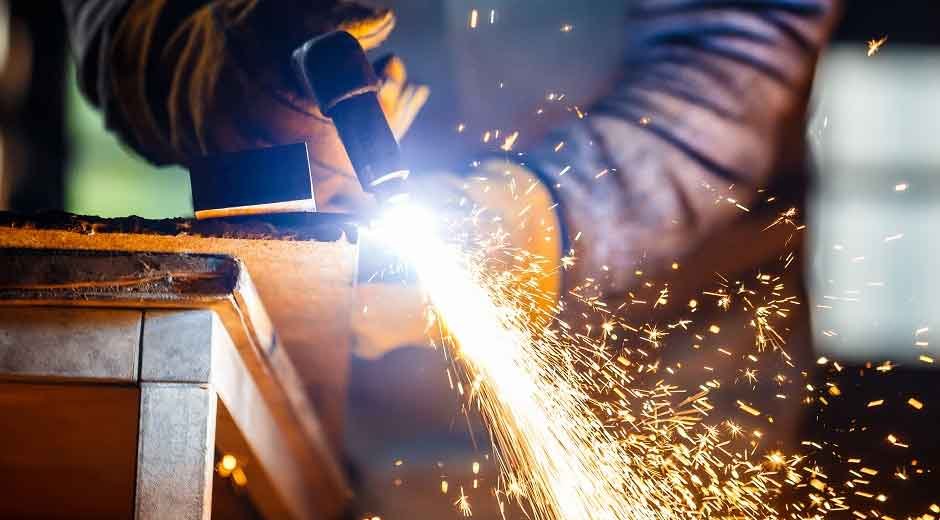
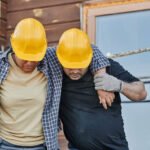
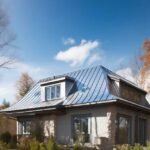
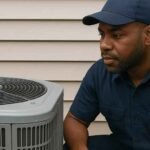
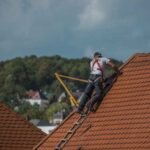
Leave a Reply